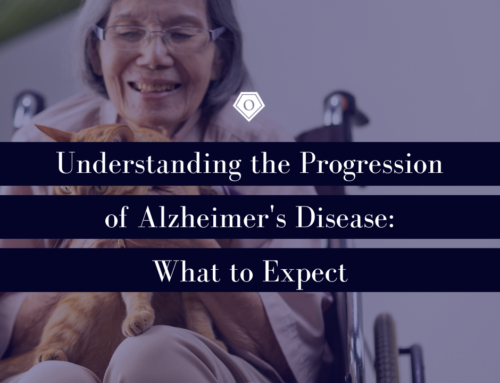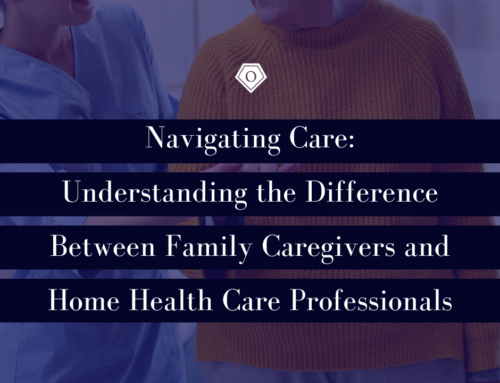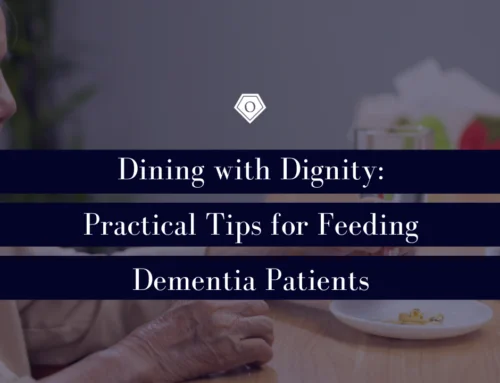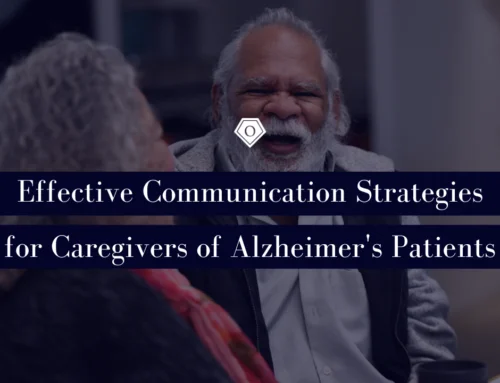Caregiving is high stress and emotional.
Add in Covid-19 restrictions and limiting contact with others due to a high risk loved one, and you have a recipe for emotional distress.
The caregiving road is long, but you are not alone! When you are feeling isolated, do the following:
- Reach out to a safe friend who will listen.
- Join an online support group. Facebook has many caregiving groups; join a few to see which is right for you.
- Get some sunshine, light exercise, and a good meal each day.
- Do one thing that adds order to your day.
- Ask for help.
The needs of elderly loved ones grow over time. Many are too afraid to put a parent into a nursing home due to Covid risks. We’re happy to report there are other options! Home care allows seniors to remain in their own home or the home of a family caregiver, with needed medical support.
You do not have to care for your loved one in isolation.
Here are sure-fire ways to tell if your loved one needs home care:
- The home smells like urine and is unkept.
- Medications are mismanaged.
- Your loved one has trouble using the restroom by themselves.
- You can no longer bathe your loved one, or they will not bathe on their own.
- The family caregiver is overly stressed and lacks life balance.
- The relationship between patient and family is strained due to unmet health needs.
Home care can offer reassurance, resources, and support to families. When an elderly loved one does not take family assistance, a nurse can be an authoritative voice. Home care medical professionals help ease tensions surrounding care within the family.
If your loved one’s needs are too much, call our team. You do not have to walk alone.






